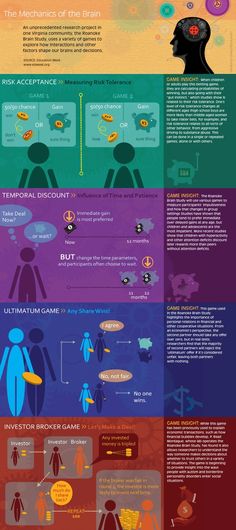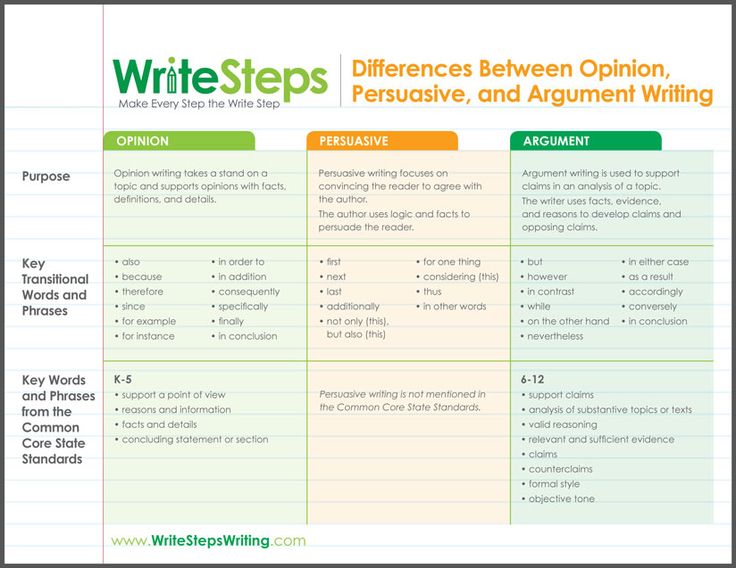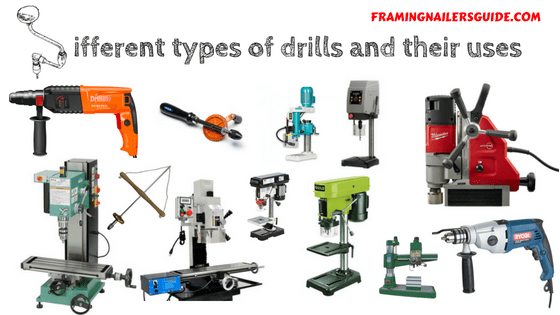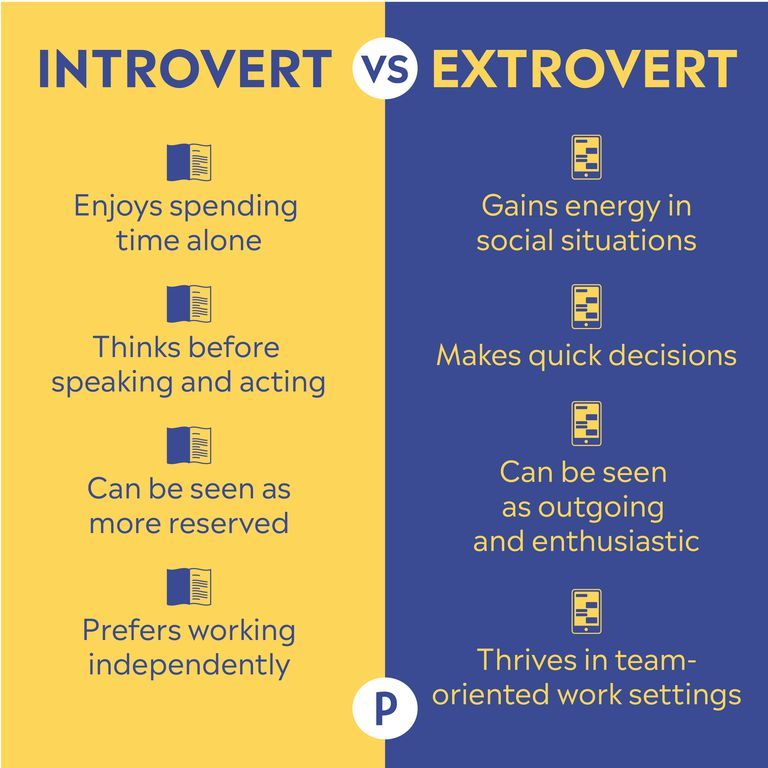Psychology of one uppers
Who Is A One-Upper? How To Shut Them Down
Relationship
Last Update on April 12, 2022 : Published on November 28, 2021
We all have that one friend who always has to be one scale upper than you. Such people have a one-upper personality. It’s funny how some people just can’t take it that they have done a little less than the other.
The psychology of One-uppers is to constantly try to be either more miserable or more happier or more fitter or more everything than the other. Even in random conversations that we have in the cafeteria or in a party about the silliest of things, people with a one-upper personality have to be a notch higher than you.
Let’s understand one upper personality better…
Characteristics Of A One Upper
One upper is a type of toxic personality which makes someone always want to feel superior in all forms. Even in misery, psychology of a one upper personality, is to have people believe that they are more miserable. One upper personality will always look at things as a competition that no one else can win.
I understand that some people want to feel superior, that’s why they are very loud about their success but a one upper personality just wants an upper hand at every damn thing. Here are some characteristics that belong to a one upper personality:
- Enjoy making other people feel like their achievements are less
- They will always keep themselves a higher than you
- They hate to feel like they are less than anyone less
- They will attempt to top anything you say
- They will make you feel like they see/done/seen everything before you have
- One uppers are big time braggers, they will brag about anything at all
- They can’t hurt their egos by swallowing their pride
Also Read: Grey Rock Method: The New Way Of Shutting Toxic People
Trust me, the psychology of one uppers can easily be decoded! If you have a terrible boss, they have twice as terrible a boss than you. And if you work in the same office, the boss gives them more trouble than you. I know you already have a name in your head!
And if you work in the same office, the boss gives them more trouble than you. I know you already have a name in your head!
What Is The Psychology Behind One Upping Someone?
It irritates me to the core when one uppers show up with their obvious response to each of my statements. If I break a bone they happen to break two bones a month ago! And somehow there are more painful and tragic stories about it too.
I would always wonder WHY does anyone do that? What do they get out of it? These questions accompanied by a lot of frustration and angst for one uppers & the psychology behind one upping someone, led me to do some searching. Here’s what I found out….
- According to the psychology of one uppers, they have low self esteem. That’s why they feel like they have to constantly remind others how good, happy, etc they are.
- One uppers do it to calm down the fire of jealousy than burning inside of them
- They fear being insignificant, therefore they pull these tricks to sound significant
- Another psychology behind one upping others can be that they have a slight bit of the quality of a sadist.
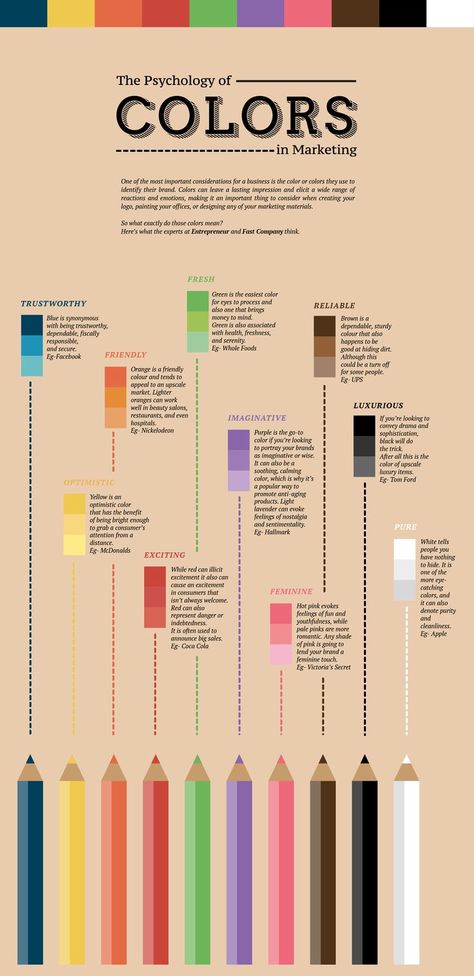 They enjoy when others feel like they are smaller than the one upper.
They enjoy when others feel like they are smaller than the one upper.
Also Read: How To Deal With Jealousy In A Relationship?
I have had quite a few friends who belonged to the one upper personality. Earlier I had no idea how to deal with such people. When I was young I was highly affected by what other people would say and really started to believe that I’m less than them. But that was the time when I didn’t know how to deal with one uppers!
Only after a few years of feeling miserable it struck me that they were just trying to be a notch higher than me. To save all the years i wasted, here are a few ways you can shut down a one upper, this is how you deal with one uppers;
- Understand their motive: The first thing to do while dealing with a one upper is to know why they are doing it. One uppers often struggle with low self esteem and that’s why they think it’s necessary for them to compete and win at all cost.

- Expect their response: once you begin to expect their one upping response, it’ll stop bothering you, it’s the best way to deal with a one upper. You know your worth, let them be. Let’s be a little empathetic since they are suffering too
- Do not compete further: they are big time braggers, there is no point competing with them because true or false their achievements are always going to be higher than you. Focus on yourself and let them be on their own trip, that’s how you deal with one uppers.
- Stay away from them: if their behavior is getting to your nerves, it’s best to distance yourself from them. One uppers tend to make you feel less so stay away from them for your sanity.
- Set boundaries: setting boundaries is anyway a good thing. Set some limits and boundaries between you and the one upper and let them know. You don’t enter theirs and they don’t enter yours.

Frequently Asked Questions About One Uppers
While I was doing my research on the one upper personality I found so many different queries about one uppers. So, i decided to briefly answer a few of the questions here;
Q.1 What is one upper personality?
The answer to this question is all over the blog but if you put it in a few lines, it would be, a one upper personality type is when you can’t resist but always try to be one step ahead of others in anything you do. One upper personality is always reflected in their conversations because they are all words and no action.
Q.2 What does one upper mean?
One upping someone basically means to try and be a bit higher than the other in all walks of life. Be it misery, pain or happiness, one upper will always be a little more than you are.
Q.3 Are one uppers insecure?
To be honest, one uppers are damn insecure! I say this because they are always trying to make an impression on people so that people regard them even more.
Q. 4 How to know that the other person is one upping me ?
It’s very simple, if the other person reacts to your statement with a story of theirs which is similar to yours but is of a higher degree than yours, they are trying to one up you. You can also take a note of the above mentioned characteristics of a one upper to identify one.
Final Thoughts…
One upping someone time and again is not good. If you are a one upper, invest your energy in rebuilding your self-esteem and get rid of irrational fears. One uppers can really kill the vibe in all scenarios, so it’s better to handle them properly, with empathy and assertiveness together.
I hope you found this article interesting. Do comment and let us know about your experience with a one upper and how did you deal with them? Make sure you don’t encourage one upping each other!
Thanks for reading.
Take care and stay safe.
Use These Major 6 Ways To Deal With A One-Upper!
“Ways To Deal With A One-Upper”
Who are one-uppers? These are people who think they are much better than you.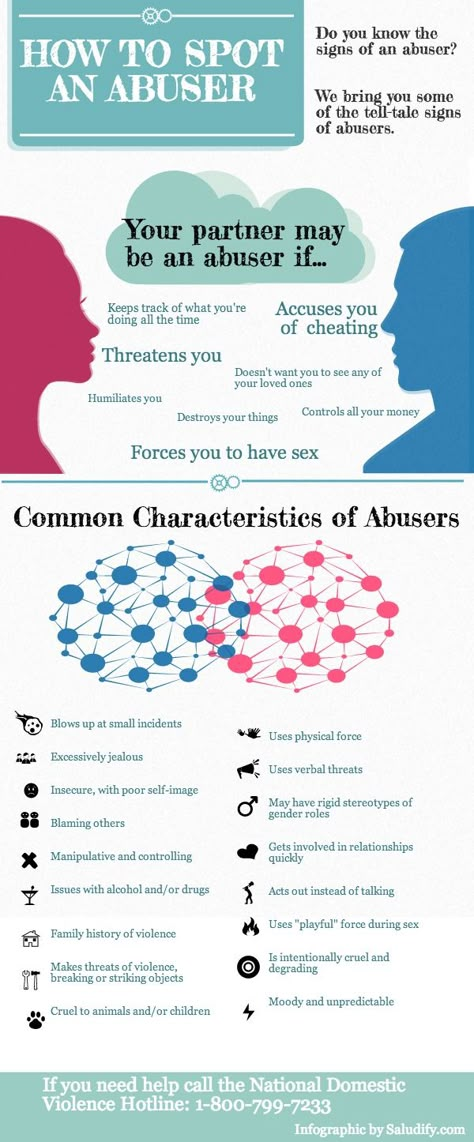 For e.g. In the midst of talking, the one-upper will always come and talk shit just so that people will think they’re smarter than you.
For e.g. In the midst of talking, the one-upper will always come and talk shit just so that people will think they’re smarter than you.
I bet, in high school this must’ve taken place many a times. Right?
But the problem with one-up is, it is not just a high school thing. Yes, it is an on-going frustrating thing to deal with. I understand it because I’ve one-two people who always try to one-up me e.g. when I share something; there’s always that one-upper who will bump into sharing some COOL stuff to let me down. I’m sure; it takes place with you as well.
And personally, to get rid of it I’m using these ways to deal with a one-upper and guess what, they’re working.
So, why don’t you use them? Read ‘em and deal with a one-upper like a PRO.
- Don’t climb the one-upping ladder
When someone is one-upping you it feels really bad. And all you do is try to one-up them and it goes on and on. Well, if you do this then it’s time to discontinue it because it is totally a waste of time.
And all you do is try to one-up them and it goes on and on. Well, if you do this then it’s time to discontinue it because it is totally a waste of time.
One-upping is a ladder that never goes up, so why even waste time doing it.
- Help ‘em create a story
Suppose a one-upper is trying hard to make a story and impress all others then just say “Ok, Ok, then what happened next”- they’ll keep continuing their badass story.
And again “add a statement relatable to the story” as if you know what the one-upper will say.
Doing so will clearly make the one-upper feel as a butt of a joke.
- Listen and let it go
The one-upper will show off by saying “oh, I was staying in a grand hotel and I did this and that”. You know what, don’t let it frustrate you instead listen their story and just let it go like a fart. (Woof!)
- Stop caring and be satisfied
Do not believe what they say and yes, don’t even think about it later.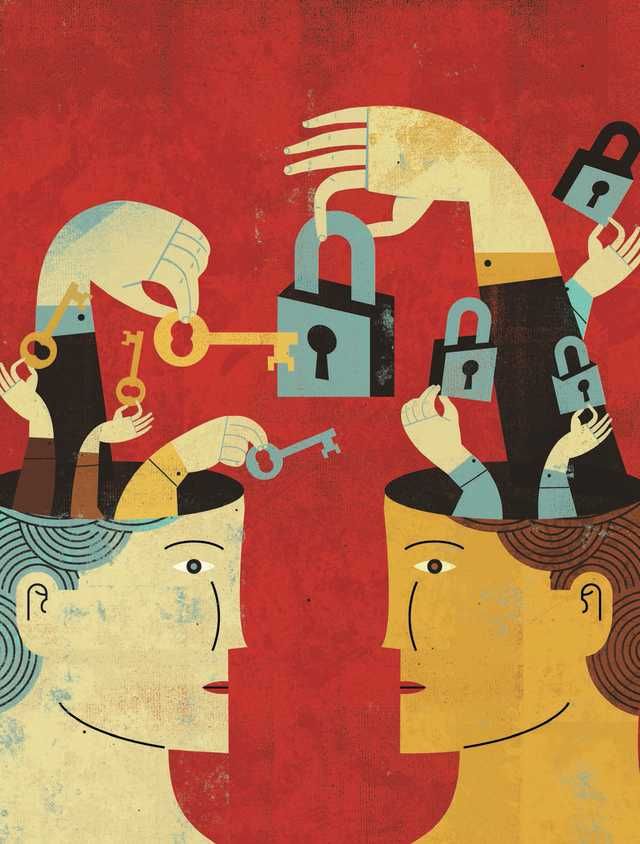
So what if your one-upper drives a Mercedes? Are you not happy with your life? I’ll assume you are. So, play cool and whenever you open your mouth; let that person know how satisfied you are with your life.
- Make a “NOT INTERESTED” face
Whenever one-uppers open their mouth to talk about great adventure stories in order to bring you down just make a “not interested” face.
This will hit the one-upper to understand that “No one really cares what they’ve to say”.
- Talk it out
If your best-friend is acting up this way then talk it out with him/her and sort all problems. Tell your best-friend that “you don’t have to act so competitive and you’re not really liking it”.
I bet, if your best-friend respects you then he/she will no longer be a one-upper but if they do act it in a same way then just MOVE ON. (Good in GOODBYE)
These were the ways to deal with a one-upper- Do you have anything to share? Let us know in a comment below.
What the eyes will tell about: the psychology of the look. Tax & Accounting, No. 51, June, 2016
Article Topics
Select article topics
Sort by topic
income tax VAT PPO ERU FLP Dismissal fines personal income tax Vacation Single tax sick leave All topics
Zimovin Alexey, practicing psychologist Tax & accounting June, 2016/No. 51
51
Seal
“The eyes are the mirror of the soul” - people say. It seems like they are hinting at the value of this organ for practical psychology, while they themselves often try not to look into the eyes of another. Eyes are hidden, averted, they are shot, destroyed, offended, etc. Learn to understand what is behind the movements of a person's eyes ...
There are several main types of views: business, social, intimate. In a normal situation of business communication, the interlocutor looks slightly above the eyes of his partner. In order to give your look a business touch, and therefore translate the conversation into a business channel, you can imagine a triangle on the forehead of your interlocutor, the base of which is the line of the eyes. Looking into the middle of this triangle, you will show that you are serious, and this contact is only professional. Such a view is useful when it is necessary to demonstrate one's professionalism, adherence to principles, dominance, and confidence.
Such a view is useful when it is necessary to demonstrate one's professionalism, adherence to principles, dominance, and confidence.
Social outlook is associated with closer and more friendly communication. It contributes to the establishment of human and warm contact. This means that the interlocutor sees in the partner not only a professional or a colleague, a kind of "professional machine", but also a living person with his characteristics. In this situation, he looks slightly below his partner's eyes. Accordingly, if you want to establish a trusting contact, in which the frankness of the interlocutor increases, use a social look. To do this, imagine a triangle between the eyes and the mouth of a person. Look in the middle of this triangle to position the interlocutor towards you, establish contact, and make the conversation more trusting.
Intimate gaze is less frequently reported in professional publications.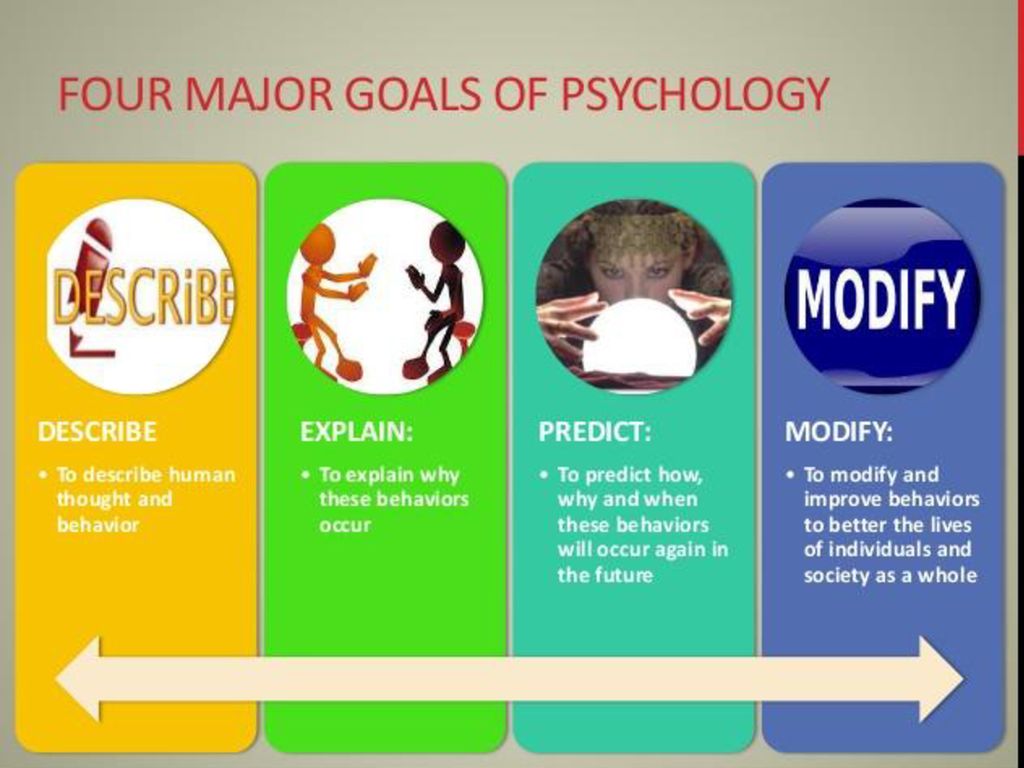 True, this does not mean at all that you will not encounter it in your practice. In this case, the gaze of the interlocutor passes through the line of the eyes and falls below the chin to other parts of the partner's body. It is clear that such a look has a sexual connotation, and although it can be used by you for provocative purposes, it is still better to avoid it, keeping in mind the ethics.
True, this does not mean at all that you will not encounter it in your practice. In this case, the gaze of the interlocutor passes through the line of the eyes and falls below the chin to other parts of the partner's body. It is clear that such a look has a sexual connotation, and although it can be used by you for provocative purposes, it is still better to avoid it, keeping in mind the ethics.
If we gravitated towards quackery, we could say that one can read thoughts through the eyes. This, of course, is nonsense! But here is some very useful information about what is happening in the head of your interlocutor, watching his eyes, of course, you can get. For this, a special model is used, which is called eye access keys. With its help, you can understand how a person processes information. To achieve this, you need to observe the movements of his eyes. Let's say right away that the movement indicating one or another type of processing can be quite fast, but at the same time it remains very noticeable.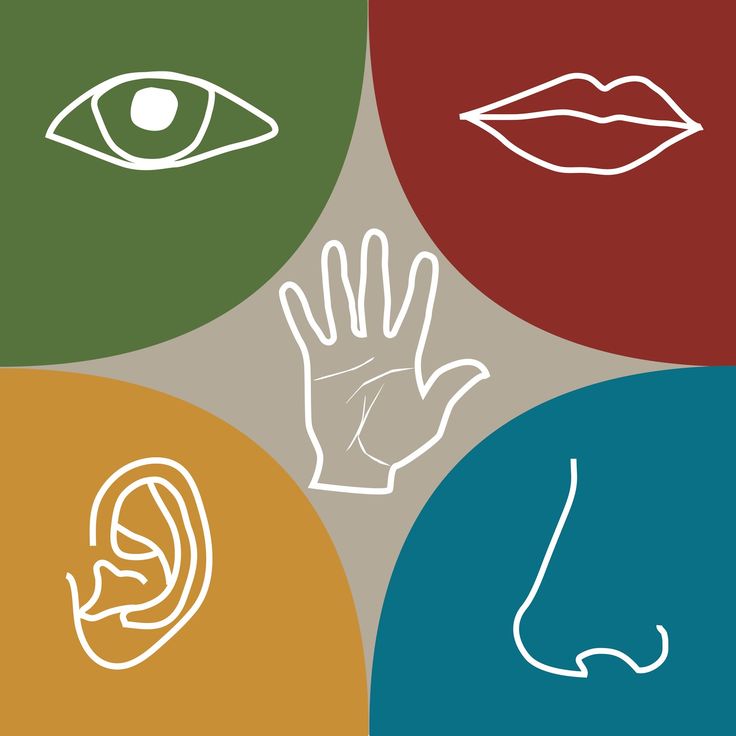
The figure at the beginning of the article is a schematic representation of the human eye. Do not blame me: he is alone to save space and conciseness of the model, and not because we are talking about the Cyclops. The arrows show the direction of a person's gaze: up-down, right-left, etc.
First, let's talk about the "up-down" line. It allows you to determine how information is processed. If a person's eyes look up, then he processes information in a visual modality. Simply put, he uses visual images. We have designated the visual modality in the figure with the letter "B". In the speech of such people, the corresponding words predominate: consider, clearly, vividly, notice, a picture, etc.
If a person's eyes are directed downward at the moment when he is processing information, then he is a kinesthetic, i.e. he thinks with bodily sensations and feelings: feel, hurt, hard, sad, touching, warm. This type of information processing is denoted by the letter "K".
This type of information processing is denoted by the letter "K".
The middle of the vertical line we have outlined refers us to the auditory modality, that is, a person processes information using sounds and their characteristics: listen, speak, loudly, quietly, whisper, etc. Marked "A".
We will call these three modalities experiential, because they are based on the information that a person can receive from his senses. But there is another modality by which a person processes information, it is called digital. A person in whom this modality is expressed uses abstract, abstract terms and concepts: optimization, modification, structure, etc. How to understand by the eyes that a person has switched to such a mode? In our picture, this direction of view is designated "Hell". By this designation, it is clear that this method is related to the auditory modality, why is it about abstract thinking? Because in order for a person to think abstractly, he needs an internal dialogue, and this latter, as you can guess, is formed from the external.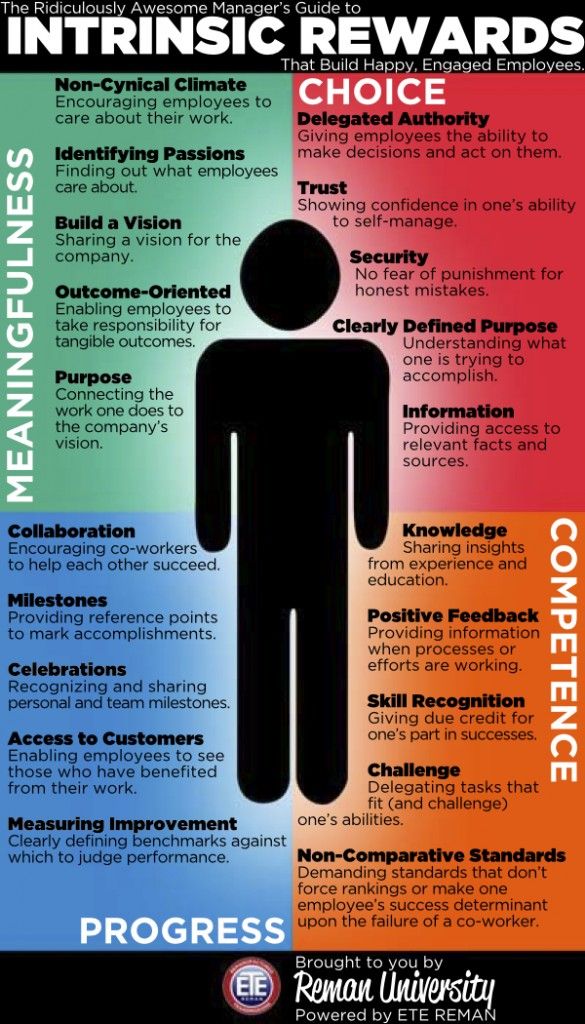
But these are just the basics. In order to understand by the movement of a person’s eyes what is happening to him, it is not so much the “top-bottom” line that is interesting as the “left-right” line. Let's make a reservation right away: everything that we will write about the parties concerns the situation when you look at a person. That is, if we write that the eyes look to the left, then they are looking towards your left hand. But with regard to the person you are observing, this will be right. We hope that we have not confused you more.
So what about this left-right line? It points us to two important mental processes: construction and recollection. Designing is that a person comes up with new information, fantasizes, thinks. While he is looking to the left. Remembrance is that a person remembers and reproduces what really happened. Then he looks to the right.
Eye movements related to construction, we have designated with a small letter "k". So, if a person looks to the left and up “Vk”, then he comes up with some new picture, image, scheme, but if to the right and up “B”, he remembers in visual images something that happened to him. The same is with the auditory modality: in the middle of the vertical line, but to the left, he makes up music, in the middle, but to the right, he recalls some kind of sound experience.
Let's make an important remark: the scheme works for 90% of people, for left-handed people the opposite is true, i.e. to the right - invents, to the left - remembers.
Let us give one practical example of the use of this model. The employee was three hours late for work and the manager asks him a completely logical question: “Vasily Vasilyevich, why are you late? Do you have a good reason?" So, at this moment, his eyes can jump up and to the right "B", and then go down to the right "Hell", that is, he remembered what happened and is able to clearly tell about it. Like, the road was blocked, the mobile phone was broken, etc. But there may be another situation. You ask a question and, before telling, perhaps, the same story (the words here mean little), Vasily Vasilyevich makes a jump with his eyes up and to the left “Vk”, and then leads them to “Hell”. This means that he is engaged in designing, fantasizing, and simply speaking, lying. Of course, you need to take into account other nuances: the logic of the story, the typical way of processing human information, but if everything is the same as in our example, then Vasily Vasilyevich is still deceiving.
Like, the road was blocked, the mobile phone was broken, etc. But there may be another situation. You ask a question and, before telling, perhaps, the same story (the words here mean little), Vasily Vasilyevich makes a jump with his eyes up and to the left “Vk”, and then leads them to “Hell”. This means that he is engaged in designing, fantasizing, and simply speaking, lying. Of course, you need to take into account other nuances: the logic of the story, the typical way of processing human information, but if everything is the same as in our example, then Vasily Vasilyevich is still deceiving.
So be attentive to the details and they will reveal their and not only their secrets to you, because remember the words attributed to J. Goethe: “God is in the details”.
Tags psychology of the eye
Next post
Psychology: a love story.
 Preschoolers
Preschoolers Psychology: a love story. Preschool children
The child fell in love! This news causes a whole range of feelings in parents: joy, tenderness, anxiety, indignation and even fear. How to behave in such a situation?
Text: Anna Morgunova
Feeling shy like a schoolboy, falling in love like a girl - they say about adults when emotions take over and a person loses his head from love. But for children, this is not even “how” - they are boys, girls, embarrassed teenagers. And they really do not know how to behave and what to do with the flow of these new, unfamiliar, exciting feelings. It’s good if dad and mom are able to delicately and carefully support a person. First of all, it will benefit the parent-child relationship. Having met understanding, the child realizes that adults can be trusted and trusted. Otherwise, it will simply close in on itself. And when there is trust, it is much easier to protect from mistakes or support in a difficult situation.
Baby talk: preschool children
The first sympathy often arises at kindergarten age, at the age of five or six. The child singles out one person among his peers, in every possible way attracts his attention and wants to win friendship. At the same age, children begin to play family: Sasha is a dad and goes to work, Mila is a mom, babysits the kids and cooks soup. Often there is no subtext behind this, just trying on roles, as when playing in a store or a hairdresser. This is just an interest in the world of adults, from where all these “marry Olya when I grow up” come from. But even at such a tender age, quite serious experiences happen, strong jealousy, resentment, sadness, and anger are possible.
What to do?
Help the child understand what he feels, why he behaves this way. “I don’t understand what came over me,” explains the preschooler, outbursts of anger or jealousy. And he is not disingenuous: he really cannot understand why he threw away the gift to Olesya, which she did not take. The task of an adult is to explain why this is happening, to reassure. Do not be afraid to ask about the object of sympathy: a five-year-old will readily tell that Dima is the strongest and fastest (the kindest, always shares toys, etc.). And parents will be able to understand what qualities seem to the child the most attractive in people.
The task of an adult is to explain why this is happening, to reassure. Do not be afraid to ask about the object of sympathy: a five-year-old will readily tell that Dima is the strongest and fastest (the kindest, always shares toys, etc.). And parents will be able to understand what qualities seem to the child the most attractive in people.
Do not focus on the romantic component
“Is Masha from the neighboring group your bride?” - such adult jokes translate emotions into the plane of schemes, but at the same time they do not tell anything about feelings. In addition, the child thinks that certain behavior is expected of him, or even feels that his parents are not serious about him. Especially if conversations about brides and grooms are conducted in the presence of strangers, such as mother's friends. For a child, this is akin to betrayal: how can a mother talk about the secret to others, and even laugh! Finally, you can find all the useful information in one place. We have collected the best online casino sites and prepared full reviews on them with descriptions of bonuses and gifts for players.